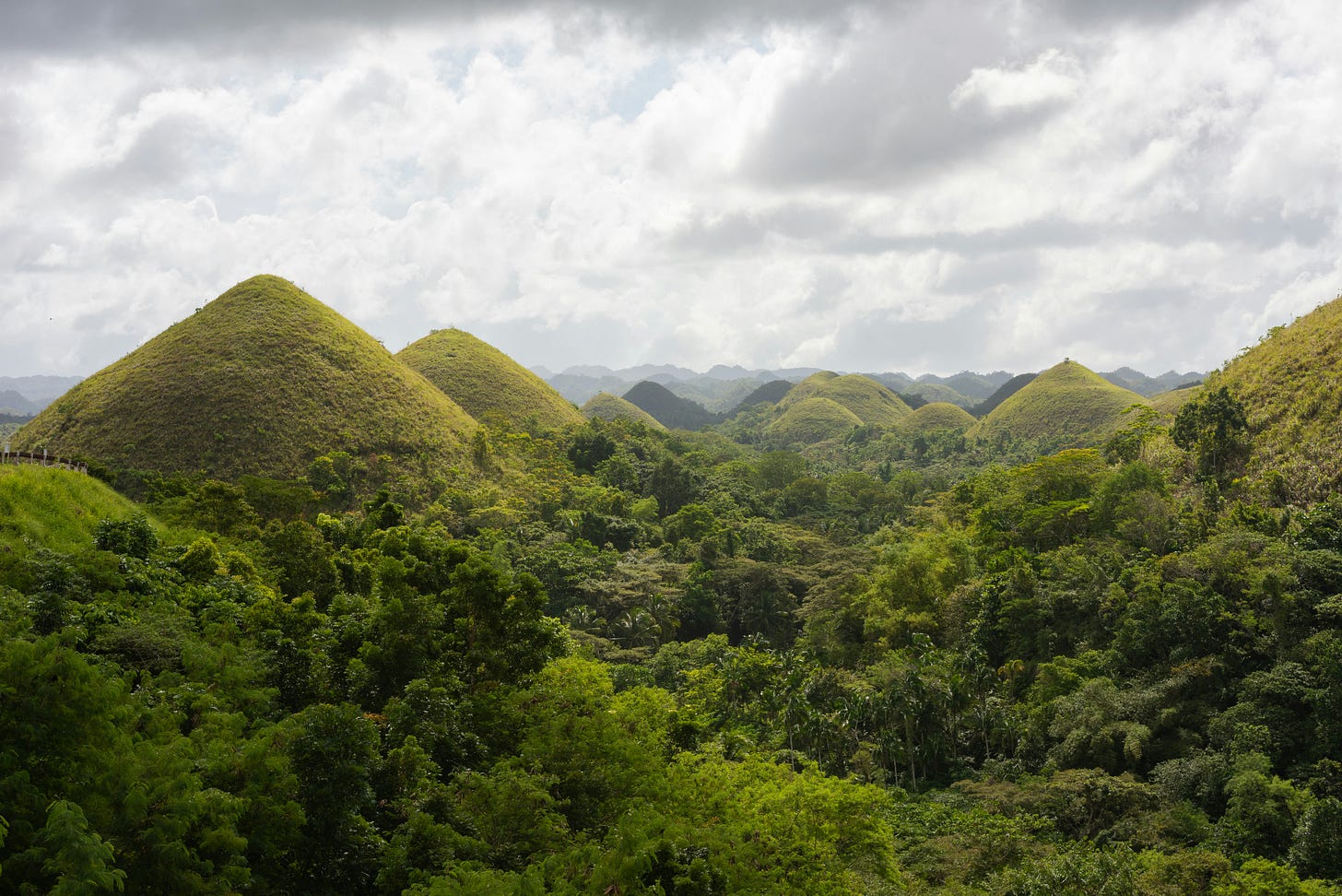🇵🇭 Tanagà • poetry form of pre-colonial Philippines
Introduction
Tanagà, pronounced as /tah•nah•gà/ is a form of poetry that is indigenous to pre-colonial Philippines.
It is composed of a quatrain (four lines) of seven-syllables each.
The traditional form of tanagà follows the AAAA rhyme pattern (all of the last words of its four lines rhyme). The modern forms follow the rhyme forms: AABB, ABAB, ABBA. In some cases, more modern forms follow free-style rhyme patterns: AAAB, BAAA, ABCD. For this series, I will stick with the original and traditional form, just the way my ancestors intended for a tanagà should be.
Tanagà poems are untitled, just like the Japanese Haiku.
These are passed down through generations in the form of oral traditions.
Tanagà poetry contains Philippine proverbs, moral lessons, ethos, and cultural maxims.
Tanagà: Una
Since this is my first tanagà post on Substack, I just decided to label it “Una” (first) to retain the tradition of not giving a title to tanagà poems but allowing some form of organization for future entries under this series.
Malayo ka man sa akin Kasama sa isipin, Bukas mo'y, bukas ko rin, Kay hirap mong mahalin.
🇬🇧 🇺🇸 Translation in English below may no longer follow the syllable count and the rhyme pattern, but I will try my best to do so whenever possible.
Although you are far from me, You are here inside my mind, Your tomorrow is mine too, To love you is hard to bear.
I learned from the news this past week that an illegal structure was constructed at the site of the Chocolate Hills in Bohol, Philippines. The Chocolate Hills is the country’s only UNESCO Global Geopark. UNESCO Global Geoparks are “single, unified geographical areas where sites and landscapes of international geological significance are managed with a holistic concept of protection, education, and sustainable development.”
The rampant corruption and blatant disregard for the environment by the local authorities and the national government make my heart bleed. This week has been difficult. It felt difficult to love a nation who elect leaders that perpetuate a system of corruption… again, and again, and again. When will we ever learn, Philippines?

Your Filipino Words for Today
Una, pronounced as /ooh•nah/ is a Tagalog word adapted from the Spanish term “una” or “one”. In Tagalog, the word “una” specifically means “first”. The Tagalog word for “one” retains the original term “isá” /eesáh/.
References
de Noceda, Juan; Pedro de San Lucar (1754). Vocabulario de la lengua tagala, trabaxado por varios sugetos doctos y graves. Manila: Imprenta de la Compañía de Jesús. pp. 324, 440.
"Buhayin ang Tanaga!". Retrieved 16 March 2024.
Policy and practice in karst landscape protection: Bohol, the Philippines
Geotourism: An innovative form of tourism for development in the Philippines
All You Need to Know About the Chocolate Hills in the Philippines





I always learn so much from your posts. Thank you!
I love reading what you write....